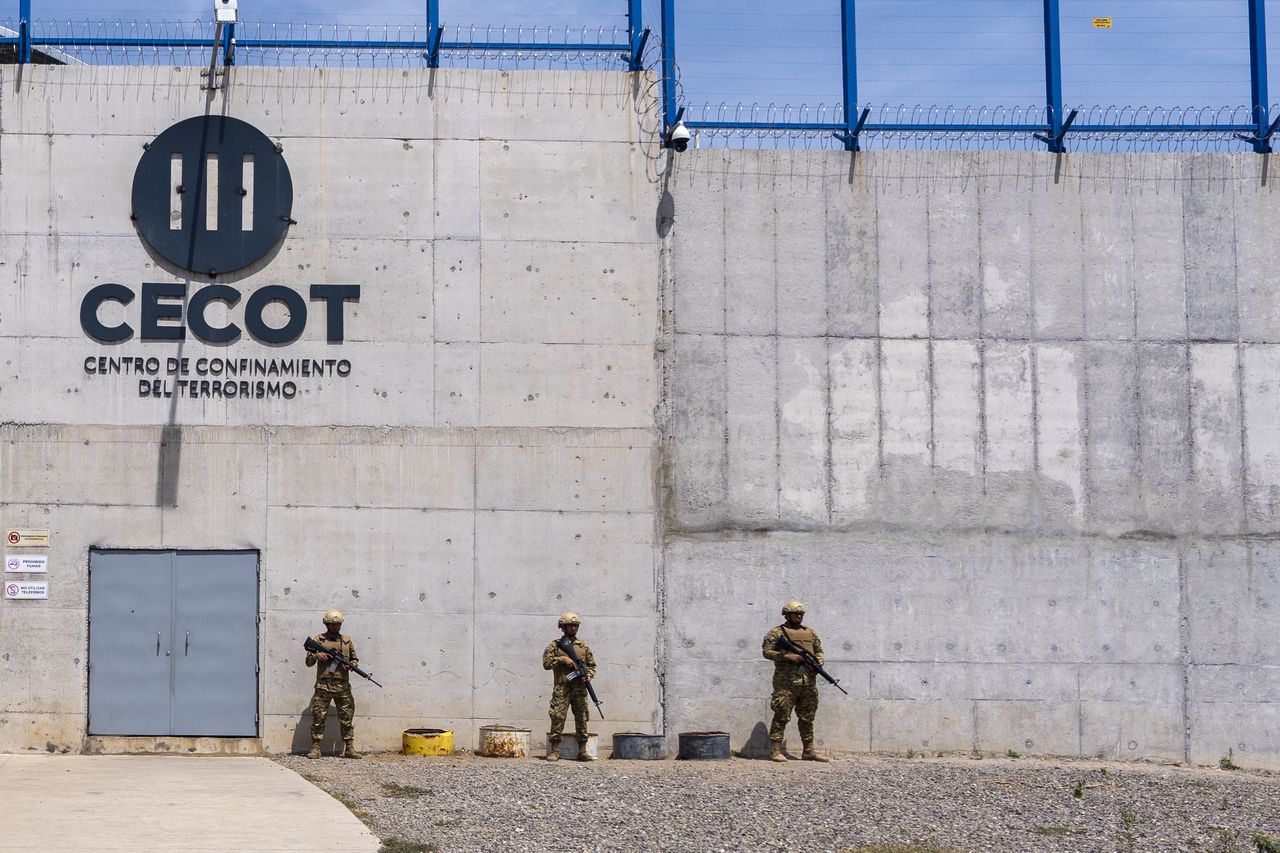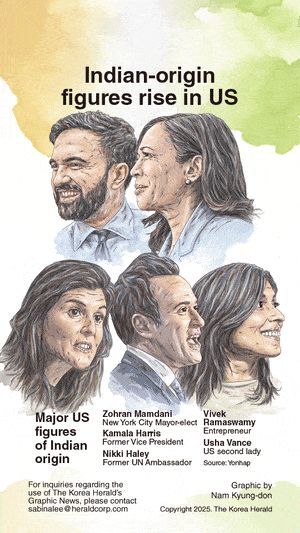 WASHINGTON (AP) — The Salvadoran government has acknowledged to UN investigators that the Trump administration maintains control over Venezuelan men deported from the U.S. to a notorious Salvadoran prison, contradicting public statements by officials from both countries.
WASHINGTON (AP) — The Salvadoran government has acknowledged to UN investigators that the Trump administration maintains control over Venezuelan men deported from the U.S. to a notorious Salvadoran prison, contradicting public statements by officials from both countries.
This revelation came to light in court filings Monday by attorneys representing over 100 migrants challenging their deportations to El Salvador’s mega-prison, known as the Terrorism Confinement Center, or CECOT.
The case is one of several legal challenges to President Donald Trump’s hardline immigration policies.
\”In this context, the jurisdiction and legal responsibility for these individuals rest exclusively with the competent foreign authorities,\” Salvadoran officials wrote in response to inquiries from the UN Office of the High Commissioner for Human Rights. The UN group has been investigating the fate of the men sent to El Salvador from the U.S. in mid-March, despite a U.S. judge ordering the planes carrying them to turn back.
The Trump administration has argued that it is powerless to return the men, claiming they are beyond the reach of U.S. courts and no longer entitled to due process rights or other constitutional protections.
However, lawyers for the migrants contend that the UN report proves otherwise.
\”El Salvador has confirmed what we and everyone else understood: the United States controls what happens to the Venezuelans languishing at CECOT. Surprisingly, the U.S. government didn’t provide this information to us or the court,\” American Civil Liberties Union attorney Lee Gelernt stated in an email.
Skye Perryman, CEO and president of Democracy Forward, asserted that the documents show \”the administration has not been truthful with the court or the American people.\” Both the ACLU and Democracy Forward are representing the migrants.
A Justice Department spokesperson declined to comment. White House and Homeland Security Department officials did not immediately respond to requests for comment.
In March, the administration agreed to pay $6 million for El Salvador to house 300 migrants. The deal sparked immediate controversy when Trump invoked an 18th-century wartime law, the Alien Enemies Act, to swiftly remove men accused of being members of the Venezuelan gang Tren de Aragua.
In a related case, the administration mistakenly sent Kilmar Abrego Garcia to the same prison, despite a judge’s order prohibiting the Maryland resident from being sent to El Salvador.
Initially, the administration resisted court orders to bring him back to the U.S., claiming he was no longer in American custody. Eventually, Abrego Garcia was returned to the U.S., where he now faces criminal charges of human smuggling as legal battles continue.
Last month, a coalition of immigrant rights groups sued to invalidate the prison deal with El Salvador, arguing that the arrangement to move migrant detainees beyond the reach of U.S. courts violates the Constitution.










Most Commented